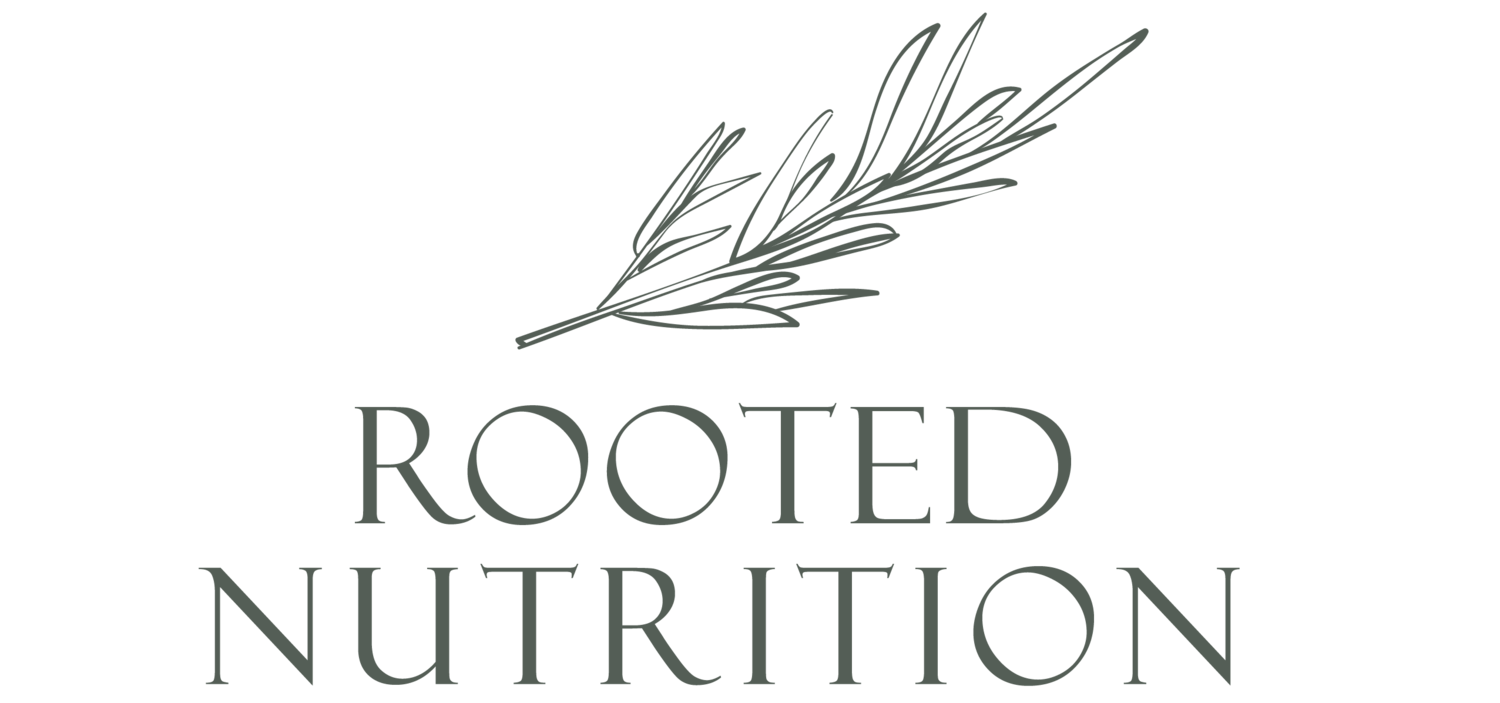The Health Benefits of Eggs
Last week it was #WorldEggDay so I’m taking the opportunity to give you a bit of information about the food often described as ‘natures multivitamin’. In the past eggs have been seen as unhealthy and something to limit due to their cholesterol content; which was thought to be linked to increasing cholesterol levels. Research now shows this is not the case, and that saturated fat is the guilty party (which eggs are not high in).
Eggs are an extremely nutritious and contain, containing quality fat, protein, vitamins and minerals. So lets look at the nutritional content of eggs.
Fats
We need fats for creating certain hormones, absorbing fat soluble vitamins (vitamin A, D, E and K) and creating cell membranes. Omega-3 fats also have anti-inflammatory properties and are involved in the brain development of a foetus. Some types of eggs are produced to contain higher amounts of omega-3 fats as the hens laying the eggs are fed flaxseeds.
For good heart health we are advised to consume more unsaturated fat than saturated fat, eggs contain more unsaturated than saturated fat overall (found in the egg yolk).
As mentioned above, eggs have had a bad reputation when it comes to heart health and cholesterol levels but now deemed as safe as they are not high in saturated fat. Therefore, there is no recommended limit for the consumption of eggs in the general population or for those with heart disease. With the exception for those who have a genetic condition called familial hypercholesterolemia, who are usually advised to limit their egg intake to 4 per week.
Protein
Eggs are high in protein, with a medium egg providing roughly 7g of protein, mainly found in the egg white. The type of protein found in eggs also provides a good balance of all essential amino acids (proteins that can not be synthesised in the body so needs to be consumed through diet).
Protein plays a number of important roles in our body, such as:
Keeping our body issues healthy, like our muscle, bones and skin
Functions within our immune system and essential in production of immune cells
Transporting nutrients around the body
Creating enzymes and certain hormones
Maintain pH and fluid balance
Vitamins
Egg yolks contain a number of vitamins, including:
Vitamin A: needed for our immune system, fertility, supporting vision, cell communication and healthy membranes.
Vitamin D: vital for muscle, bone and tooth health, as well as playing an important role in our immune system.
Riboflavin (vitamin B2): involved in cell growth and functioning, releasing energy from food, skin and nervous system health.
Niacin (vitamin B3): needed for skin and nervous system health, releasing energy from food and cell communication.
Pantothenic acid (vitamin B5): important for creating fatty acids and obtaining energy from food.
Biotin (vitamin B7): involved in releasing energy from food, creating fatty acids, cell signalling, genetic function and supporting skin, hair and nail health.
Vitamin B12: vital for keeping our nerve cells and blood cells healthy (including avoiding a type of anaemia), and is also involved in DNA formation and releasing energy from food.
Minerals
Egg yolks are also a good source of:
Phosphorus: combines with calcium to form bone and tooth structure, also needed for our pH balance, enzyme function and obtaining energy from food.
Selenium: this antioxidant helps to balance free radical levels in the body as well as being involved in fertility, thyroid health, our immune system and DNA production.
Chloride: this mineral is involved in balancing pH and fluid levels, nerve and red blood cell function, muscle contraction, maintaining blood pressure and producing stomach acid.
Manganese: involved in enzyme function, blood clotting and nervous system health.
Iodine: vital for creating thyroid hormones and fertility, as well as supporting brain and bone development of a foetus and baby.
Other Nutrients Found In Eggs
Eggs are a good source of choline. This nutrient is similar to a B-vitamin and it plays an important role in brain health and brain development, due to its involvement in the creation of a chemical messenger called acetylcholine. Choline is also involved in cell structure, cell signalling and transporting lipids in the body.
Choline is an essential nutrient. The body does not produce enough choline on its own, so it is essential to get it from food sources.
Other Considerations
Eggs are an convenient, affordable and nutritionally dense. They are filling and satisfying, due to their protein and fat content. Slowing digestion and in doing so avoiding spikes and dips in our blood sugar levels.
I will leave you with the note that where you source your eggs is VERY IMPORTANT, not only for the welfare of the chickens but the quality of the eggs. Research shows that chickens that are left to graze have higher magnesium content. It has also shown that eggs from pastured hens contain higher levels of flavonoid and carotenoid antioxidants, as well as anti-inflammatory omega-3 fatty acids than eggs from caged or organically-raised hens. I will always recommend organic when it comes to food, but with eggs free range/pastured is also must!!

